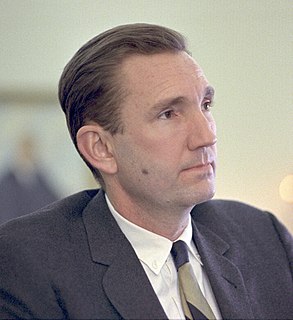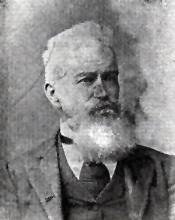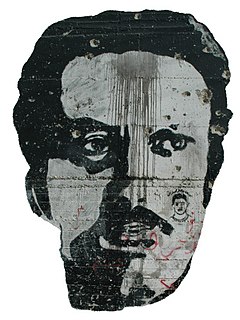A Quote by Dalai Lama
It is important not to allow ourselves to be put off by the magnitude of others' suffering. The misery of millions is not a cause for pity. Rather it is a cause for compassion.
Related Quotes
The essence of love and compassion is understanding, the ability to recognize the physical, material, and psychological suffering of others, to put ourselves "inside the skin" of the other. We "go inside" their body, feelings, and mental formations, and witness for ourselves their suffering. Shallow observation as an outsider is not enough to see their suffering. We must become one with the subject of our observation. When we are in contact with another's suffering, a feeling of compassion is born in us. Compassion means, literally, "to suffer with."
If you have desires, try to look - are those desires the cause of your misery? Nobody wants misery, but nobody is willing to drop the desires - and they are together, they cannot be separated. This is one of the greatest insights that has come from all the enlightened people in the world - that desire is the root of all misery, and desirelessness is the cause of all that is beautiful and blissful.
Lack of understanding of the true nature of happiness, it seems to me, is the principal reason why people inflict sufferings on others. They think either that the other's pain may somehow be a cause of happiness for themselves or that their own happiness is more important, regardless of what pain it may cause. But this is shortsighted. No one truly benefits from causing harm to another sentient being. . . . . In the long run causing others misery and infringing their rights to peace and happiness result in anxiety, fear, and suspicion within oneself.
Compassion is not pity ... compassion never considers an object as weak or inferior. Compassion, one might say, works from a strength born of awareness of shared weakness, and not from someone else's weakness. And from the awareness of the mutuality of us all. Thus to put down another as in pity is to put down oneself.
Compassion does not just happen. Pity does, but compassion is not pity. It's not a feeling. Compassion is a viewpoint, a way of life, a perspective, a habit that becomes a discipline - and more than anything else, compassion is a choice we make that love is more important than comfort or convenience.
We are not saints yet, but we, too, should beware. Uprightness and virtue do have their rewards, in self-respect and in respect from others, and it is easy to find ourselves aiming for the result rather than the cause. Let us aim for joy, rather than respectability. Let us make fools of ourselves from time to time, and thus see ourselves, for a moment, as the all-wise God sees us.
Character is revealed in the power to discern the suffering of other people when we ourselves are suffering; in the ability to detect the hunger of others when we are hungry; and in the power to reach out and extend compassion for the spiritual agony of others when we are in the midst of our own spiritual distress.








































